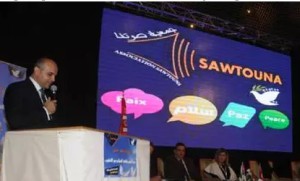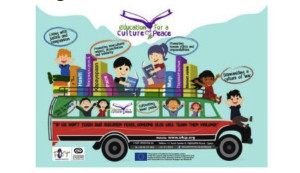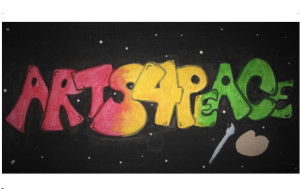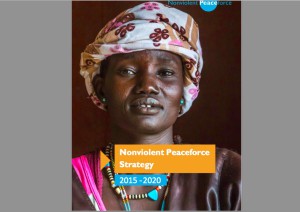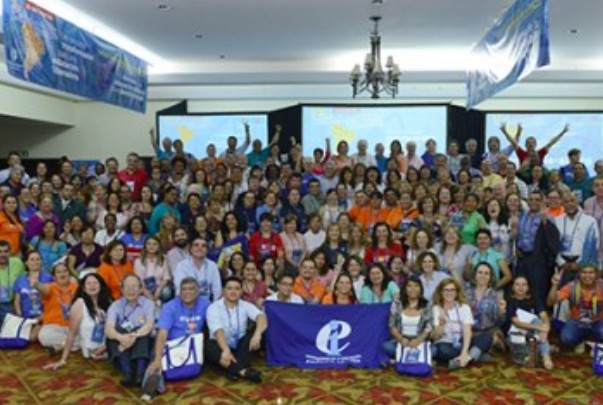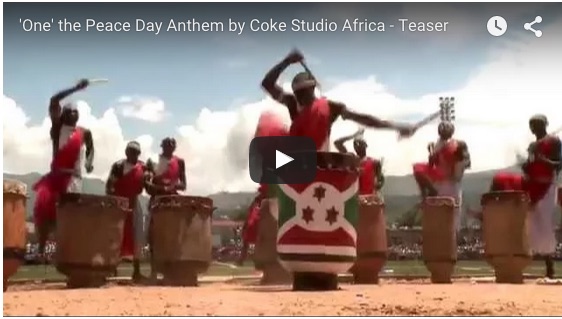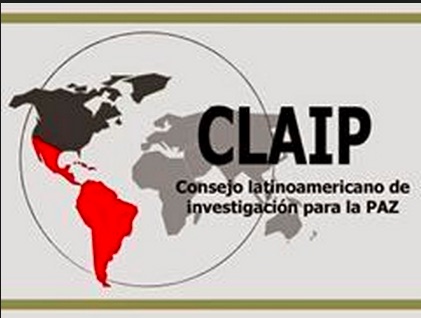.. EDUCATION FOR PEACE ..
An article from Canal Institucional de Colombia (translated by CPNN)
Besides supporting the peace agreements being negotiated in Havana, the Colombian society needs to unlearn all the negative forms of the inherited relationship of conflict and to learn to work collectively with new sensibilities, emotions, feelings, narrative, language, attitudes and actions. Without this, it will be impossible to build leadership required for peace.
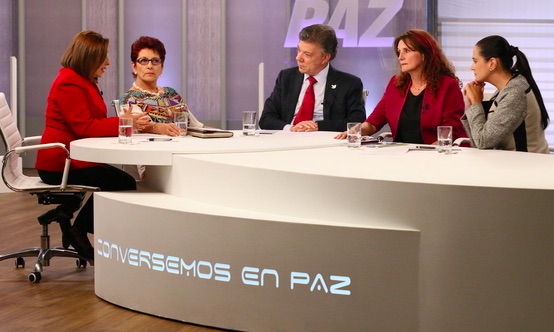
trailer for the television program
This is the theme of the dialogue between the President of the Republic, Juan Manuel Santos Calderon and three teachers, experts in peace education, invited by the Institutional Channel for the fifth chapter of the series’s “Conversations in peace”, Sunday 27 September at 8:00 PM. The program can also be viewed online at www.canalinstitucional.tv
The dialogue participants
The participants are Maria Teresa Ramirez Cardona, Master of Education and Pedagogy; Amada Benavides, president of the School of Peace Foundation and consultant to the Global Campaign for Education for Peace; and Marieta Quintero, PhD and Post Doctoral Fellow of Social Sciences, author of “The School as a Territory for Peace” and national coordinator of the Peace Education Collective, which brings together 45 public and private institutions.
What needs to be unlearned
We are challenged to unlearn the habits of vertical and imposed leadership, seeing things as black and white, unwanted processes of the settlement of territories and the use of resources; relations of exclusion and stigmatization, discrimination against victims of the conflict and demobilized ex-combatants, and stereotypes about the values and lifestyles of indigenous peoples and Afro-Colombian communities.
As the President said, we need to unlearn and to banish from our bodies negative feelings such as anger, to give up all practices that dehumanize the other as well as expressions like “rats” and “terrorists” by which we have called the “enemies” during the civil war.
What needs to be learned
We are challenged to learn outrage against atrocities, to avoid imposing dogmas or visions of society and culture, to reconstructed our historical memory, to decide collectively to take action for the common interest, to direct ourselves towards a political solution of the conflict, to value informed conversations as the social practice of citizen participation and to manage our emotions and feelings, which can be learned just as we can learn math, English or biology.
No less important is to learn to reinvent the environments, programs and educational tools of schools for the children who return from the zones of war, or for communities where victims and perpetrators live side by side, where the processes of coexistence, forgiveness and reconciliation are urgent matters.
(Article continued in right column)
(Click here for the original Spanish version of this article)
Questions related to this article:
What is happening in Colombia: Is peace possible?
(Article continued from left column)
The practice of tolerance seems simple, but it is not. If it is done badly or misunderstood, tolerance can injure personal autonomy, encourage complicit silences, trigger perverse mechanisms of self-protection, dismiss politics as a means to resolve conflicts and homogenize and stultify the ways of thinking and acting.
In short, we need to move from teaching the brain to teaching the heart, emotions, feelings, perceptions or feelings of everyone, children and adults, teachers and pupils, governors and governed, every day, in all spaces, times and circumstances, with new narratives, with no exclusions, recognizing and respecting difference, diversity and pluralism.
Law for the Teaching of Peace
For these and other purposes the new law for the teaching of peace has been conceived and promulgated, whose legal implementation will begin in January 2016. The dialogue participants expressed some dissatisfaction and fears but also highlighted some benefits derived from its promulgation and appropriation.
Dissatisfaction because, in their opinion, the design process for the law did not involve all the stakeholders in the education system and for that reason many of the lessons that have been learned in schools and by teachers in areas marked by conflict have been ignored. Instead, the standards have established from above, without other approaches .
They feel there is no articulation with the learning of citizenship skills, citizenship training and education for human rights and many feel frustrated because there has not been a prior process of training for its implementation.
However, they acknowledge that the law for the teaching of peace has provided a context for reflection about the role of the school, debate about programs and educational tools and has led people to imagine new learning environments and pedagogical processes of peace education. What is remarkable, they say, is the growing interest about peace education in the world of the university and in academic sectors.
National Encounter on Education for Peace
To facilitate the exchange of knowledge on peace education, formal and informal, on October 1 and 2 in Bogotá, there will be a national meeting involving professionals of various disciplines, as well as grassroots and social and community organizations to develop pedagogical processes for building a culture of peace.
The meeting draws on the findings and recommendations from various different groups, collectives and platforms who have worked for more than a decade on issues of human rights education, education for democracy and citizenship, education for coexistence, conflict resolution and other issues related to peace education.
The aim is to coordinate these efforts and create a National Agenda for Peace Education, which can help overcome the various forms of direct, structural and cultural violence and allow the establishment of a culture of peace, that goes beyond ceasefires and peace agreements, ie, peace with social justice, promoting human rights, advancing democracy, solidarity and responsibility.
You can watch “Conversations in Peace” on Sunday at 8 pm on the Institutional TV Channel and via streaming on the Internet at www.canalinstitucional.tv
You are invited to join our Twitter account @InstitucionalTV, using the hashtags #ConversemosEnPaz and #ConversemosenlaPublicaRTVC
